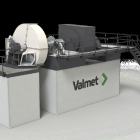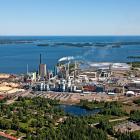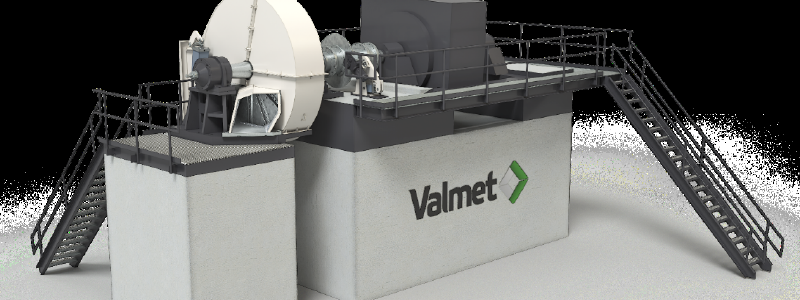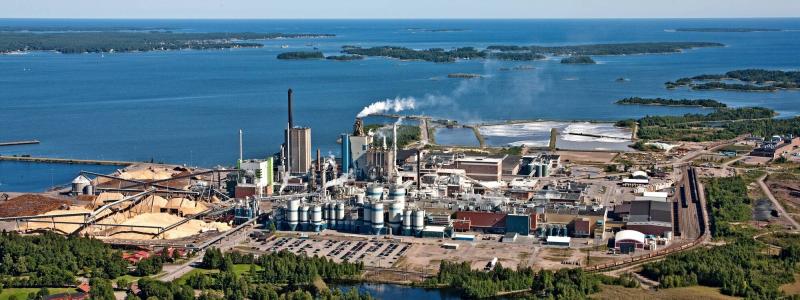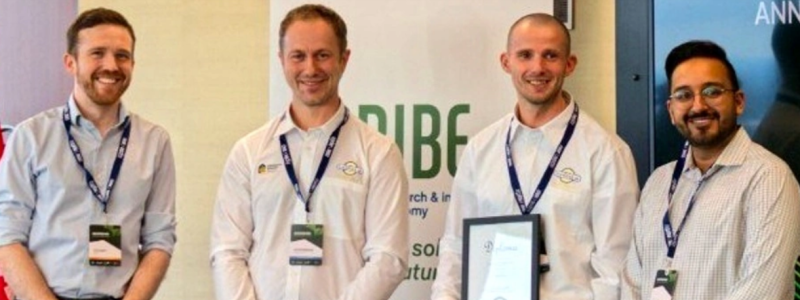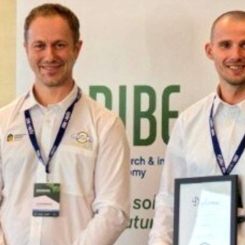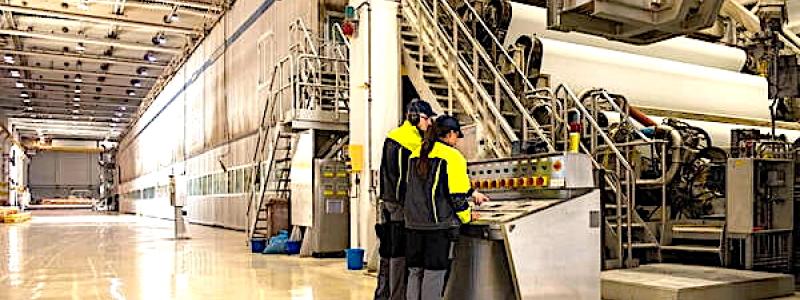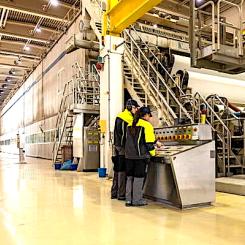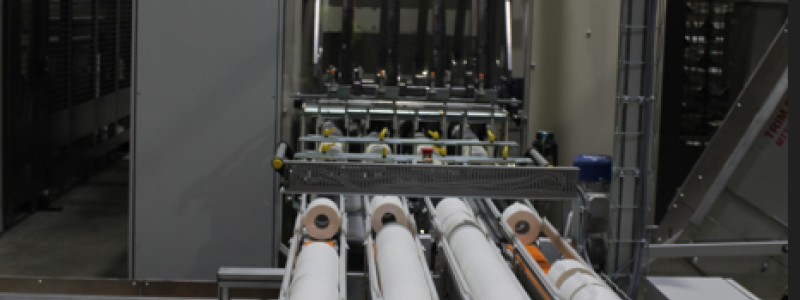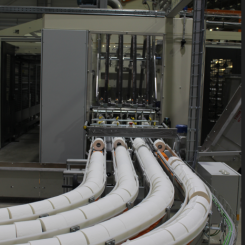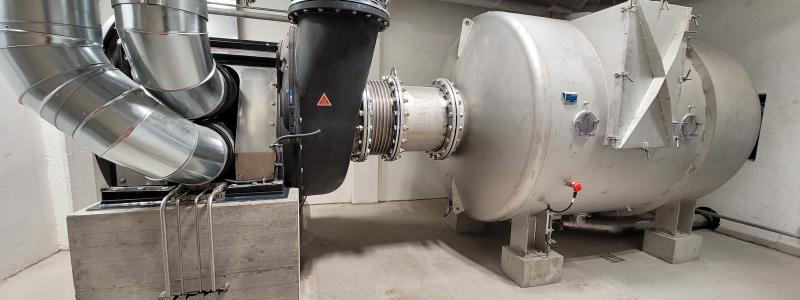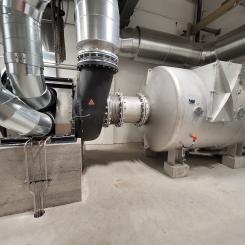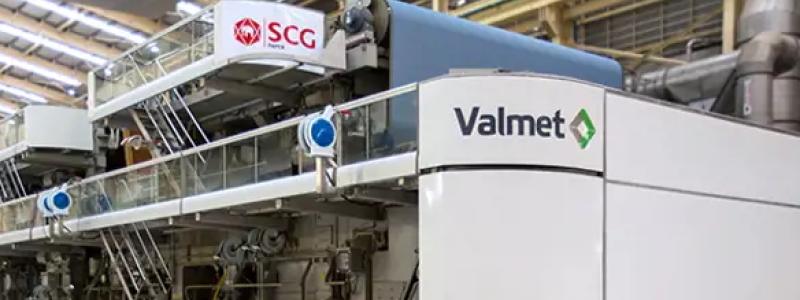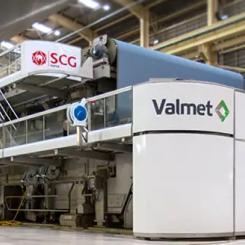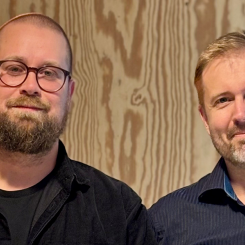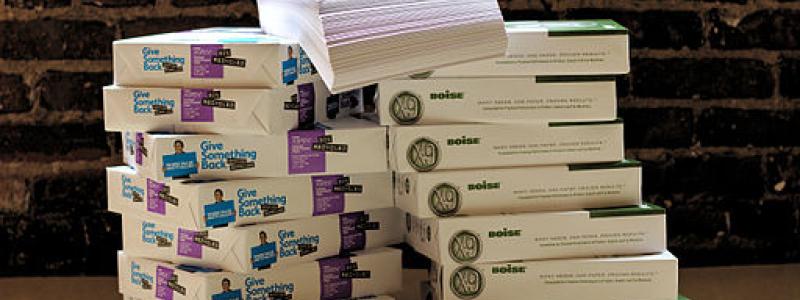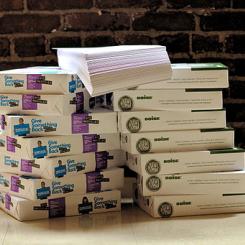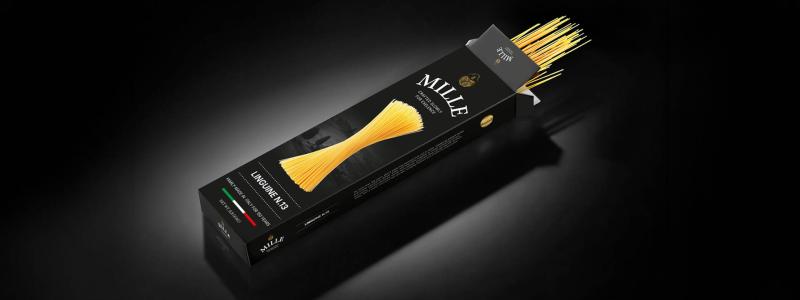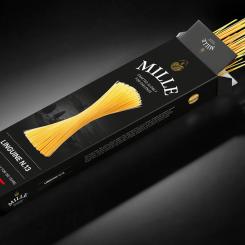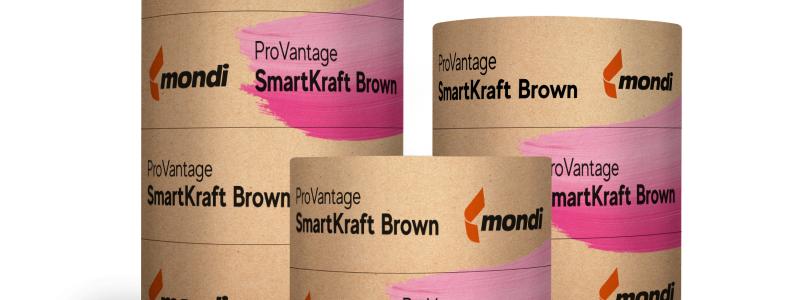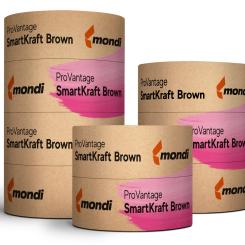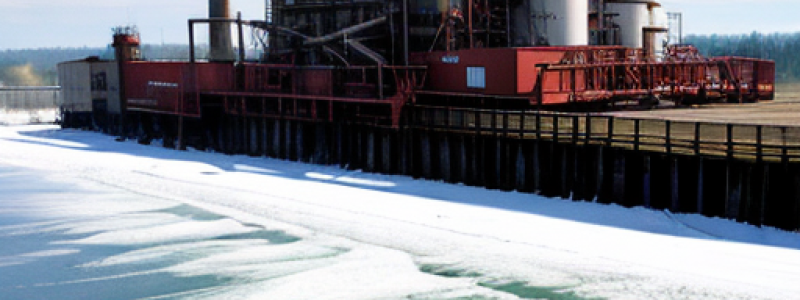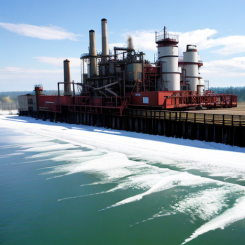In the first half of 2011, the international media company Bertelsmann built on the strong results of the previous year and further increased key indicators. For instance, the company increased its revenues and group profit once more and achieved a high level of operating profit again.
Group revenues from continuing operations increased by 1.9 percent to €7.2 billion after €7.0 billion in the comparable period last year. Excluding portfolio and currency effects, organic growth came to 2.4 percent; all divisions contributed to this. Operating EBIT was €737 million, down only slightly from last year’s record figure of €754 million. Return on sales amounted to 10.3 percent (H1 2010: 10.7 percent), putting it in the double digits once again. The Group profit rose by €23 million or 9.3 percent, to €269 million. This was due primarily to Bertelsmann’s content businesses. A further contributor was a substantially improved financial result that reflects lower interest charges in the wake of successful debt reduction and the discontinuation of negative income effects from the buyback of profit participation certificates in early 2010. The Bertelsmann Value Added (BVA), which measures the profit realized above and beyond the cost of capital, reached €88 million in the first half of 2011 (H1 2010: €82 million).
"We are very satisfied with developments in the first half," says Bertelsmann CEO Hartmut Ostrowski. "We improved our revenues and Group profit as well as our central performance indicator, the BVA, a benchmark of value creation. For only the second time ever, return on sales reached double-digit figures in a half-year reporting period. This gives us the necessary impetus to resolutely move forward with our growth strategy. We have already made good progress in the past few months."
The revenue growth was fueled by the ad-sales-driven divisions – RTL Group and Gruner + Jahr – and the outsourcing service provider Arvato. In terms of earnings, the positive impulses came mostly from the television business and Random House’s book publishing business. During the reporting period, RTL Group benefited from good business in its core markets of Germany, France and the Netherlands, while at Random House the U.S. business and the digital operations performed especially well. The magazine publisher Gruner + Jahr generated higher advertising and circulation revenues and optimized its publishing and editorial structures. Arvato increased its revenues noticeably, but higher prices for energy and paper as well as start-up costs for new projects led to a decline in operating EBIT.
Cash flow from operating activities continued high in the first half of the year. Cash and cash equivalents exceeded €1.6 billion at 30 June 2011. Net financial debt was €2.0 billion at mid-year after over €1.9 billion at 31 December 2010 and was thus marginally higher due to seasonal effects (dividend payments in the first half of the year). Net financial debt was reduced by €764 million year-on-year. Bertelsmann’s economic debt was reduced to €4.86 billion at 30 June 2011 (31 December 2010: €4.91 billion), down by €1.16 billion year on year. At 2.3, the leverage factor was below the internal limit of 2.5.
"Bertelsmann is in a very sound financial position," says Bertelsmann CFO Thomas Rabe. "We have a good business profile and a comfortable cash position. The leading rating agencies recently acknowledged this by each upgrading our long-term credit ratings one notch. We are cautiously optimistic for business in the second half of the year, although there has been a marked increase in economic uncertainties. Against this backdrop, we continue to expect moderate growth in Group revenues and a return on sales of over 10 percent for the 2011 fiscal year. Operating EBIT will likely be slightly down year on year, partly due to costs for new projects and higher energy costs, while Group net income will be above last year’s value thanks to lower one-time effects."

